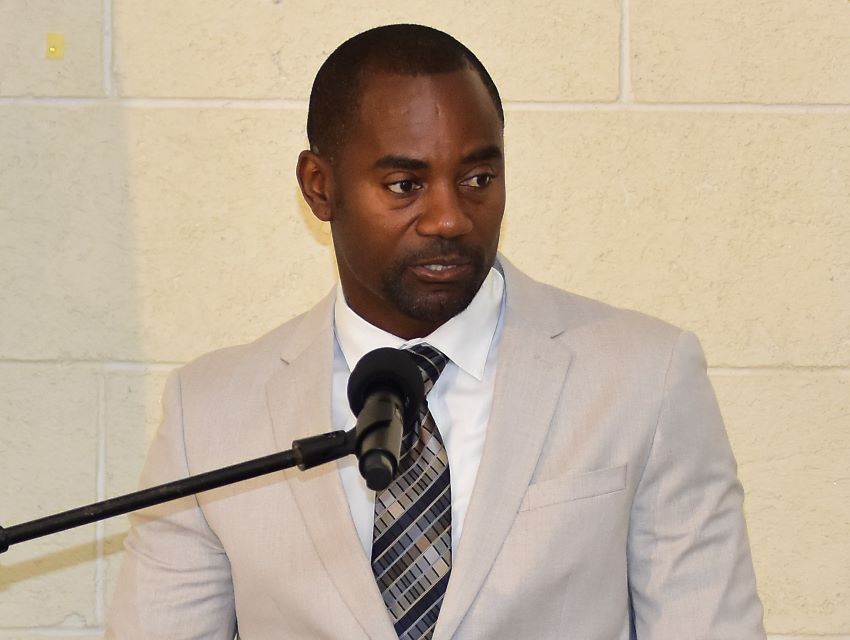
There is great potential waiting to be unleashed from the blue economy in countries like Barbados and other small island developing states.
But, faced with the challenges posed by climate change, and the label of “too rich to be poor”, forging partnerships is key to unlocking that true potential and maximising its benefits.
Minister of Maritime Affairs and the Blue Economy, Kirk Humphrey, made these points as he addressed a virtual event hosted by the United Nations Development Programme (UNDP), as part of the ongoing 2021 session of the High-Level Political Forum on the Sustainable Development Goals, at the United Nations, dubbed: Unleashing the Potential of the Blue Economy, yesterday.
However, he gave the assurance that it was a situation Barbados was taking seriously as co-lead for the Marine Protected Areas of the Commonwealth Blue Charter.
“We hold the view that a sustainable ocean economy has the potential to transform the lives of communities via the development of non-extracted industries that would provide higher value added opportunities,” he said.
The Minister outlined that Barbados was investing in mitigation, adaptation and renewable energy, and had banned petroleum-based plastics.
He further noted that the island was also seeking to protect its coral reefs, and having the discussion on marine parks.
“But, we all know that this is not enough,” Mr. Humphrey stated, as he reiterated the call for the forging of partnerships going forward, as countries like Barbados simply could not do it on their own.
“I also recognised that to maximise the power of the blue economy we must also do social partnership,” he said, as financing remained an issue for many.
He thanked the UNDP, the Inter-American Development Bank, the Food and Agriculture Organization and the International Maritime Organization for the assistance they provided to Barbados across various areas.
Mr. Humphrey added that the Ministry was currently working to develop its marine spatial plan with the Nature Conservancy, and was expected to roll out the plan “very soon”.
However, he stressed that the economies of scale dictated that while small island developing states could not compete on mass, they could compete on innovation, flexibility and efficiency.
But, he said, for that to be possible, such countries needed the correct policy environment and infrastructure to strengthen institutions, particularly those in the traditional blue economy. “We also need an integrated cohesive policy that is accepted in the entire region,”’ he said.
